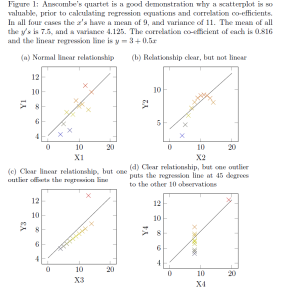Last Friday I did presentation on YazikOpen, my website for open access language teaching research, at the LLAS e-learning symposium. It has put me the mood for rebutting some the arguments I hear against open access.
1. I work for a big university. I find I can get most of what I need. If I really need something I get it on inter-library loan.
Good for you. Not so good for the general public, the independent/ unemployed academic, the researcher at a non-profit/ government organisation, the academic at a less well-funded institution or working poorer countries.
2. If anyone wants to read my work they can email me and I’ll send them a copy.
Good, but it would be nicer if they didn’t have to ask. And would they know they could contact you? Or how to contact you?
3. Journals charge a lot of money to make articles open access.
Some do but not all. Some charge nothing at all.
4. Open access journals are low quality. I don’t want my work published in them.
No doubt some are, but all of them? Really?
5. Journal publishers provide an important service. They typeset the articles, proofread them, print them and organise review.
Do they really organise review? In this day and age do they really do anything which justifies the huge subscriptions? They have few costs. Most don’t pay authors, editors or reviewers.
6. My professional society depends on journal subscriptions for its funding.
Maybe, but is this really the case? You can still sell print copies. It might be sensible to explore other means of funding.
7. I sympathise with open access but I need to publish in Big Major Amazing High Impact Journal, for the REF/ tenure/promotion/ job opportunities/ the respect of my peers.
I don’t doubt it. But as academics we own the system. We have made to what it is. It can’t change the system unless academics are prepared to change.
8. I don’t think the general public are interested in my research anyway.
You seem to have a low view of your own work!
9. People might misinterpret my work
Research doesn’t need to be open access to be misinterpreted. In fact if your work is open access they might depend less on journalists’ interpretations of your work based on a press release.
10. Didn’t the Finch report recommend increasing funding for universities to pay commercial publishers to make articles open access? That means publishers keep all their profits and universities (thereby the taxpayer) pay more. That doesn’t make sense! What if my university refuses to let me publish in Big Fancy Journal to save on publication fees or starts rationing publication funds?
OK, I agree. It will only make matters worse. The Finch report was a missed opportunity. The only winners in such a system would be the commercial publishers.
11. You open access advocates forget publishing costs money. There are fees involved in webhosting, editing, marketing, formatting, proofreading, printing etc. This is the role of the commercial publishers.
Yes, but they more than get their money back by charging universities exorbitant fees to buy the results of the research our employers (directly or indirectly) paid for us to do in the first place. I’m sure consortia of universities could undercut them.
12. I don’t really want my spouse, parents, children, friends, church, football buddies, knitting circle, to know about the research I am doing. It might upset them and they’ll hate me. Closed access gives me privacy
Sorry, this one is beyond my expertise.











